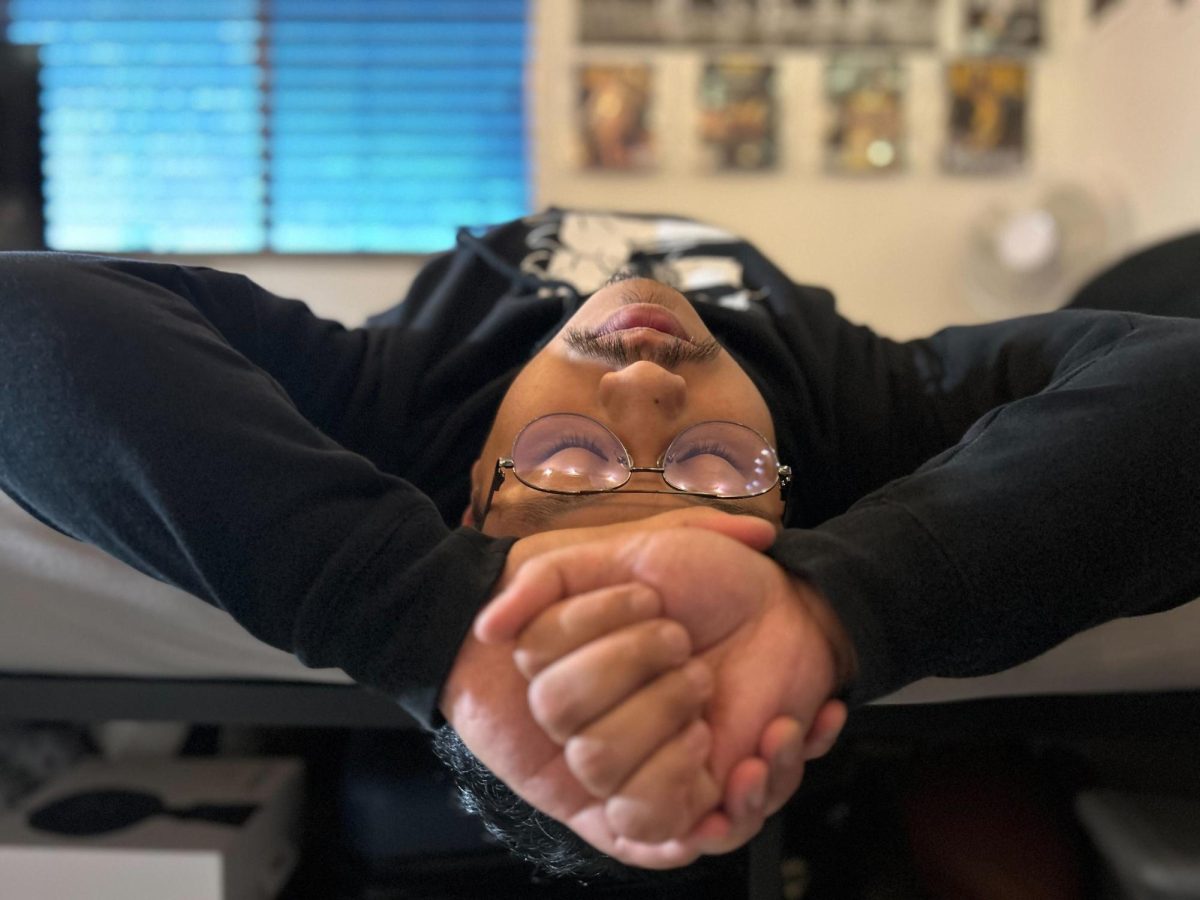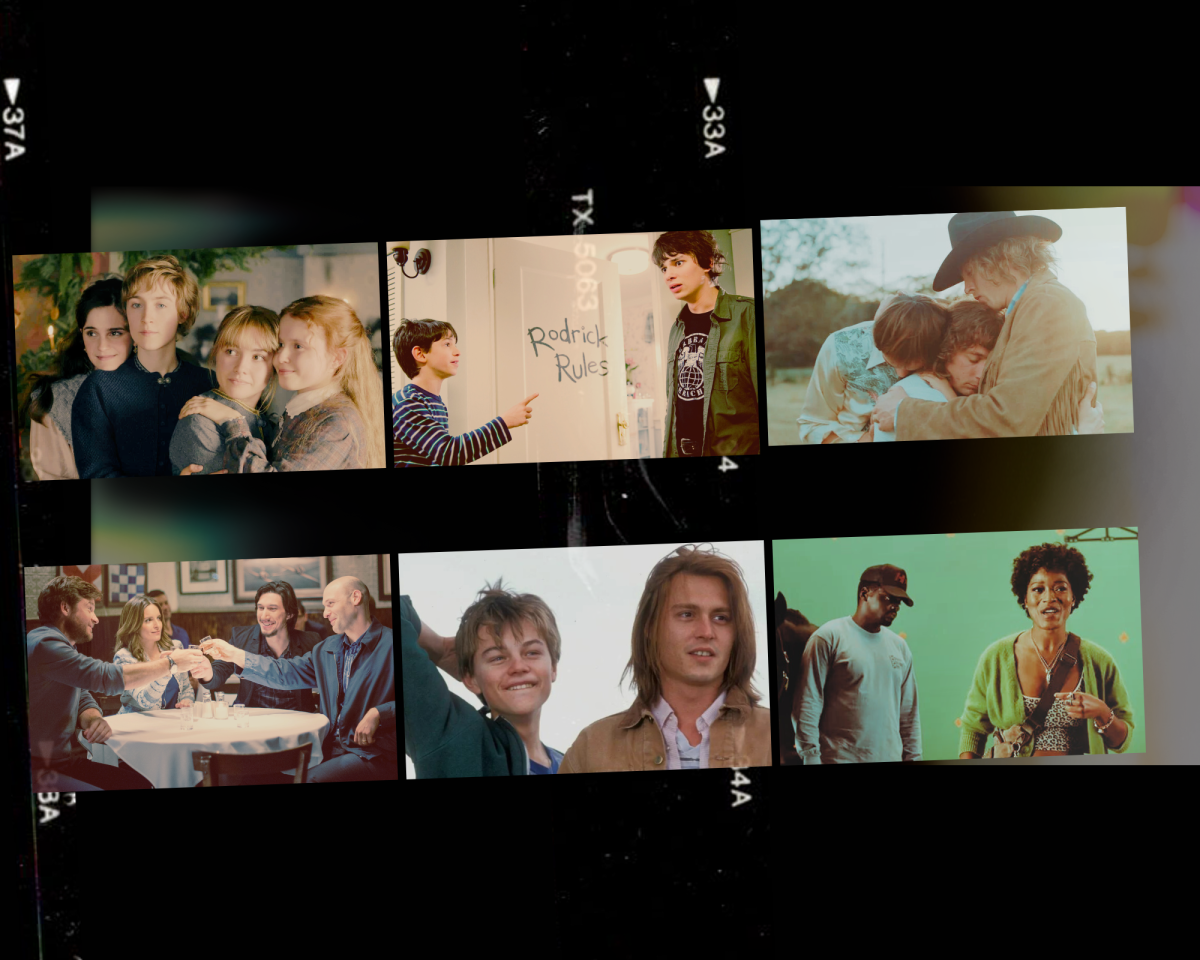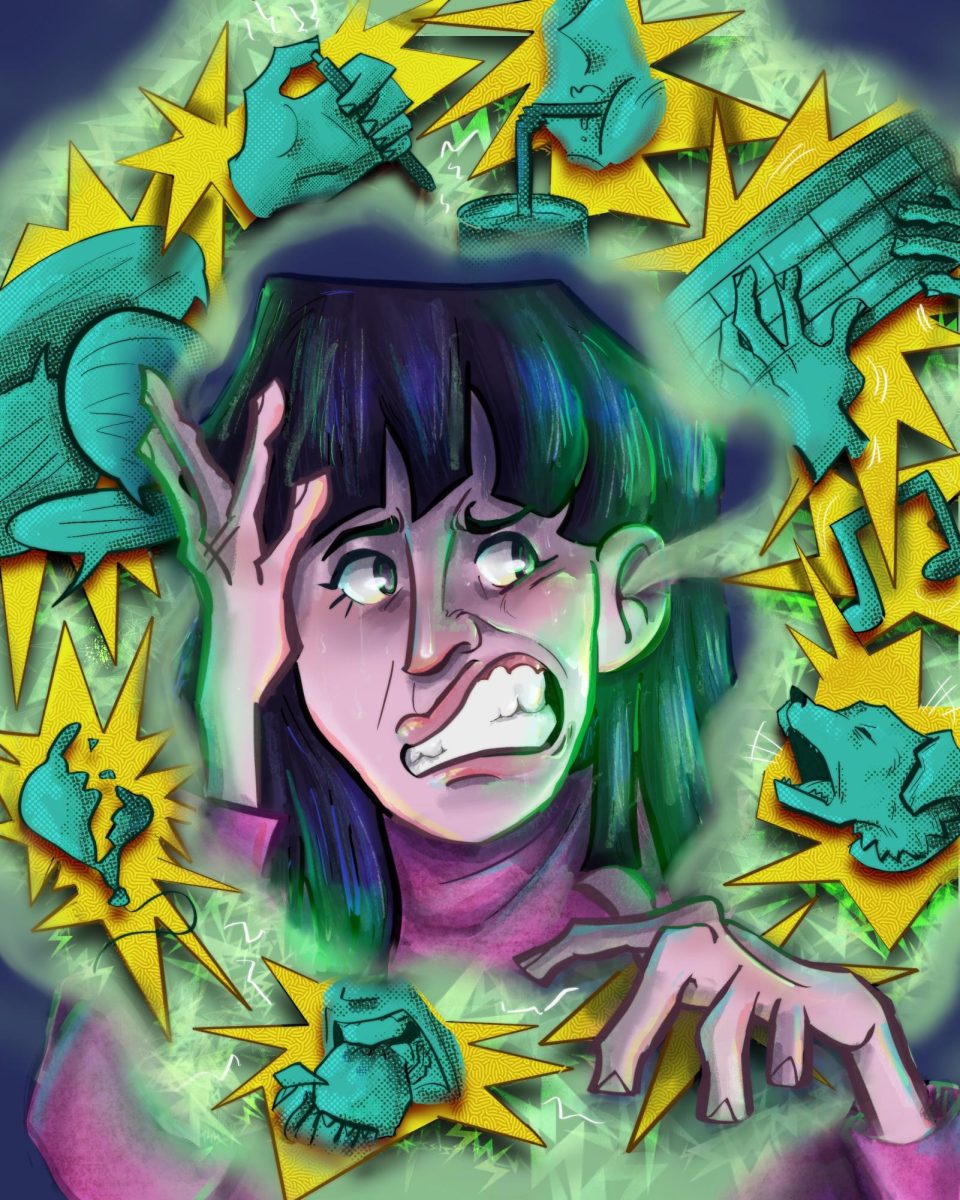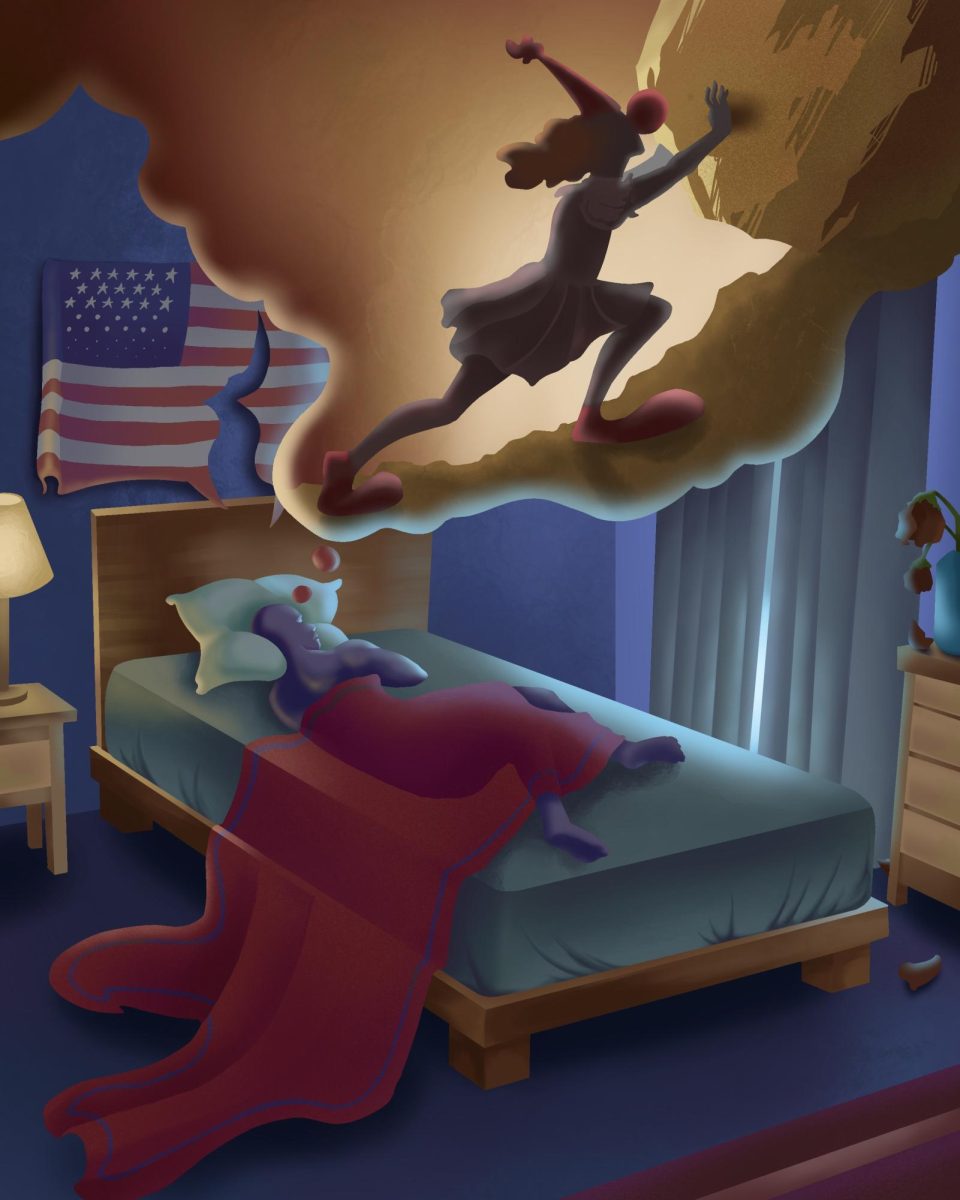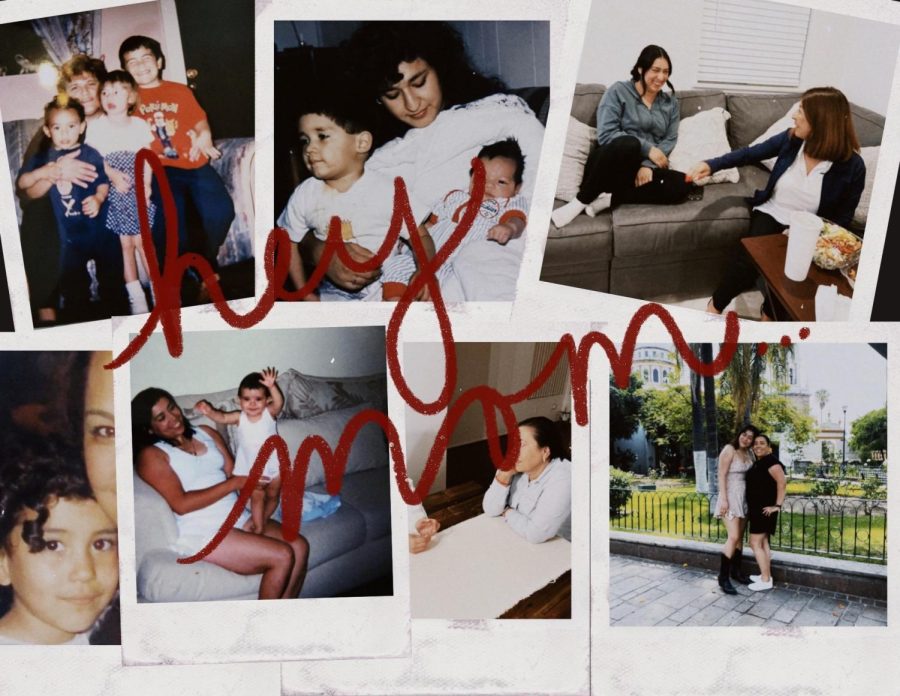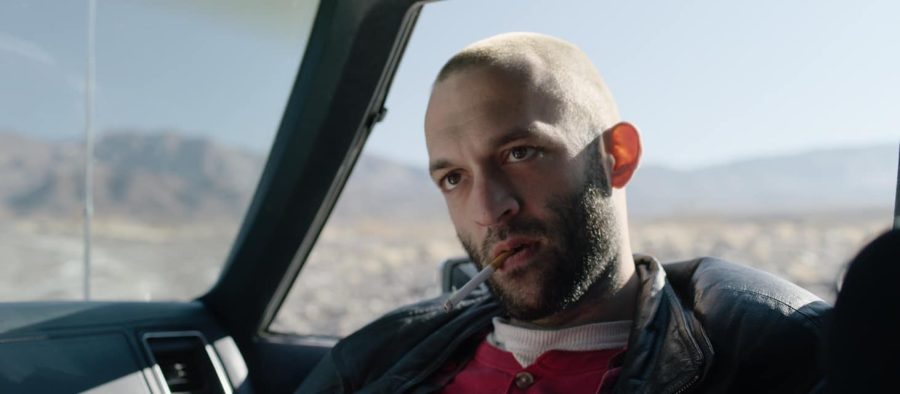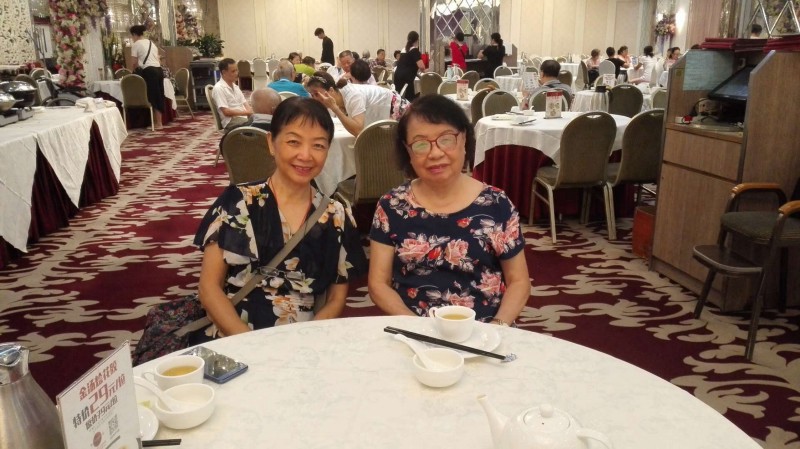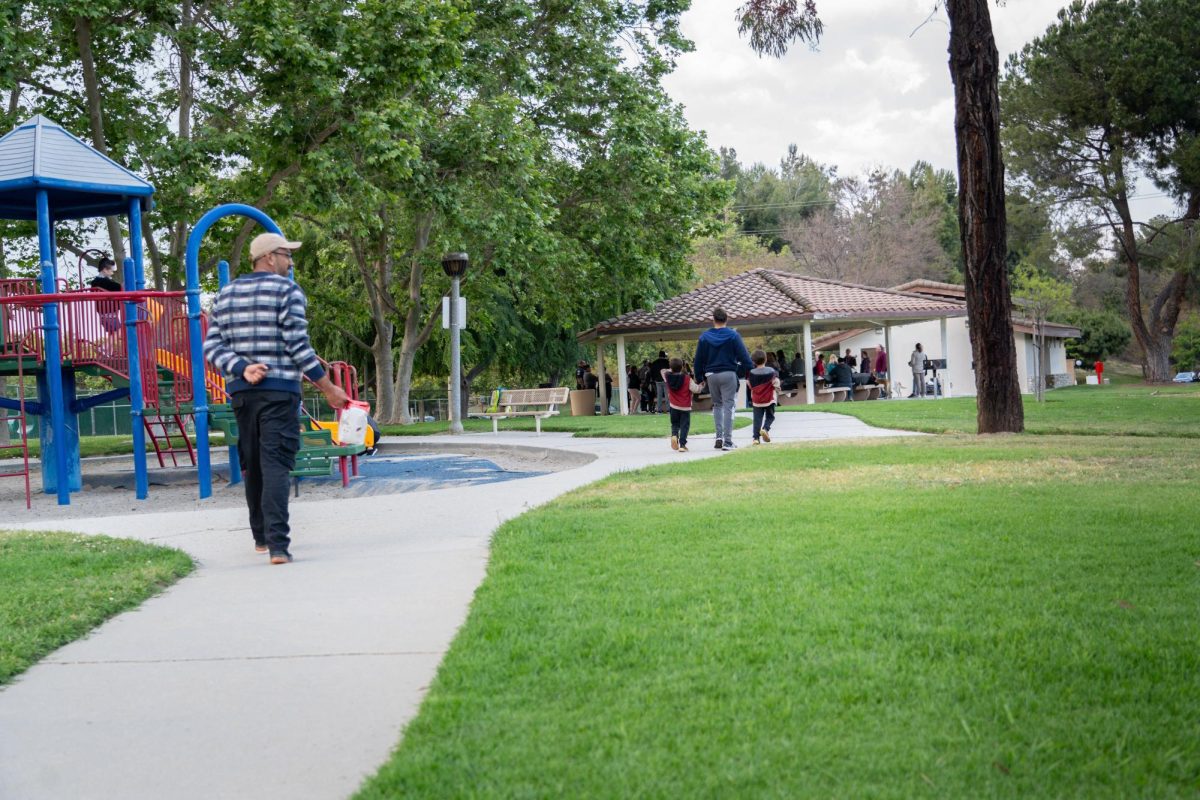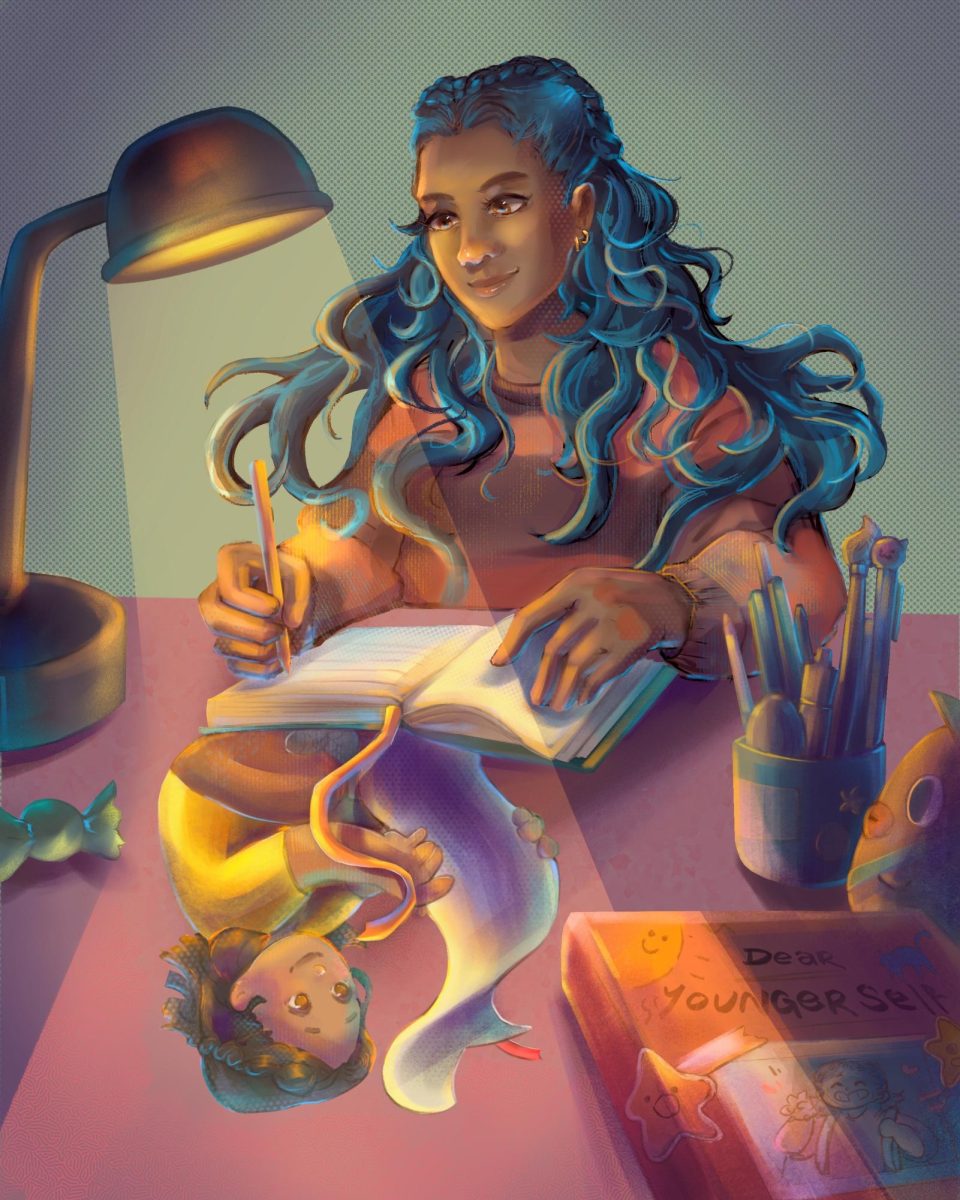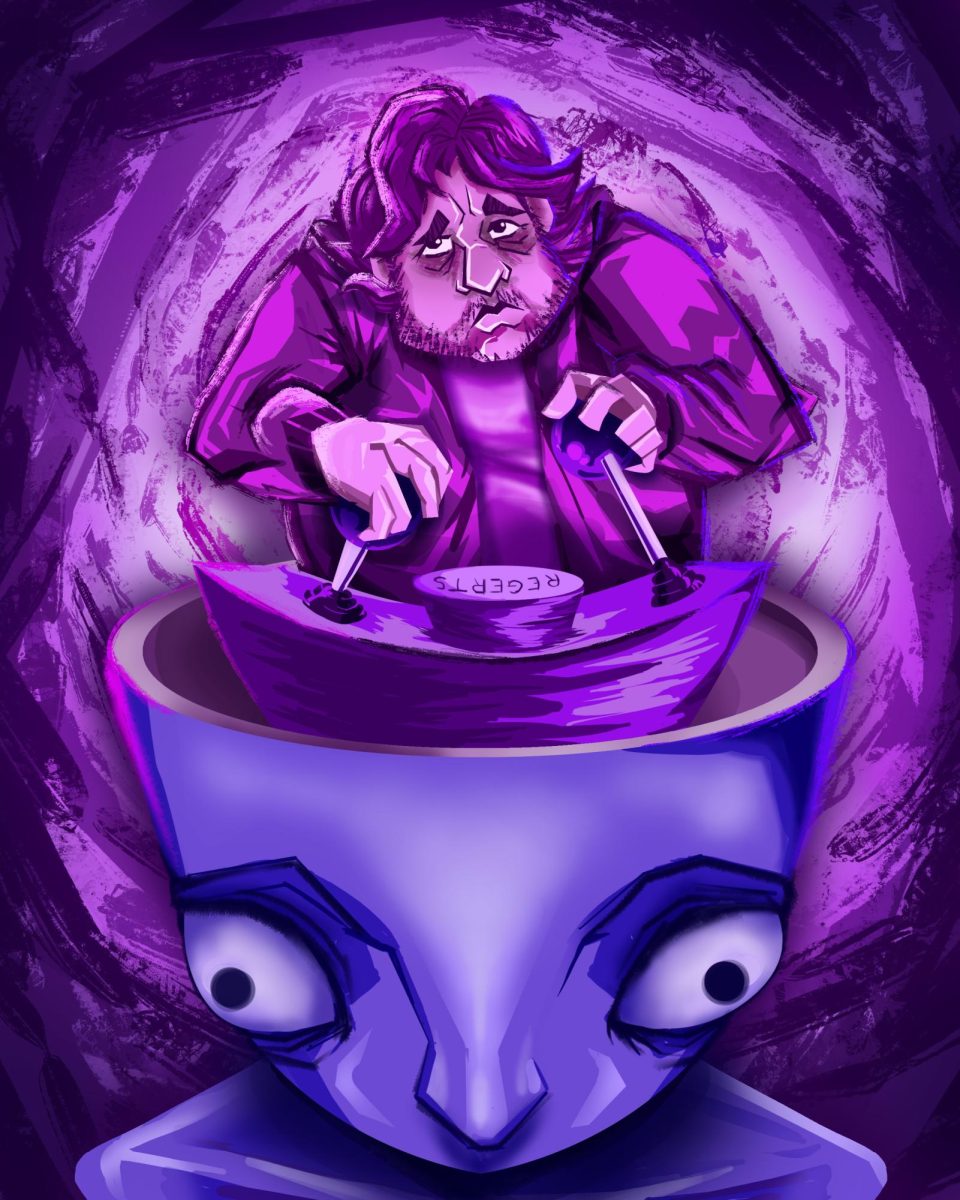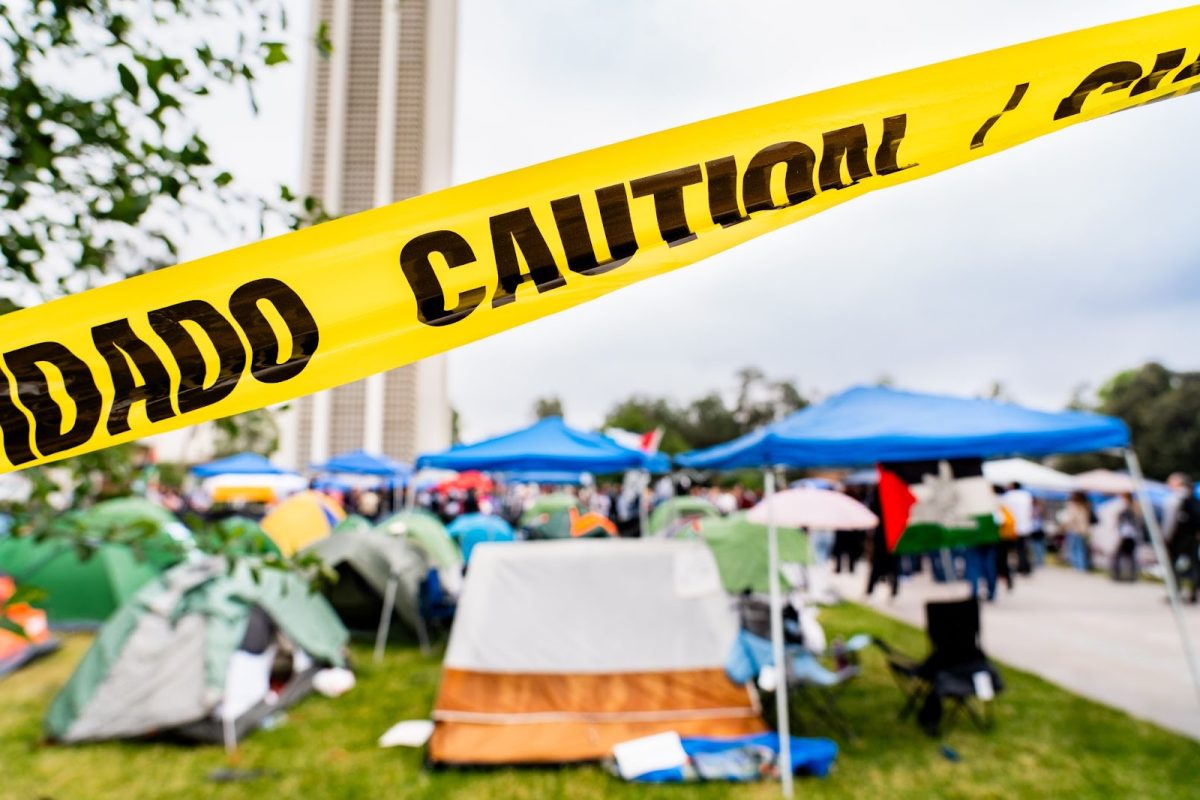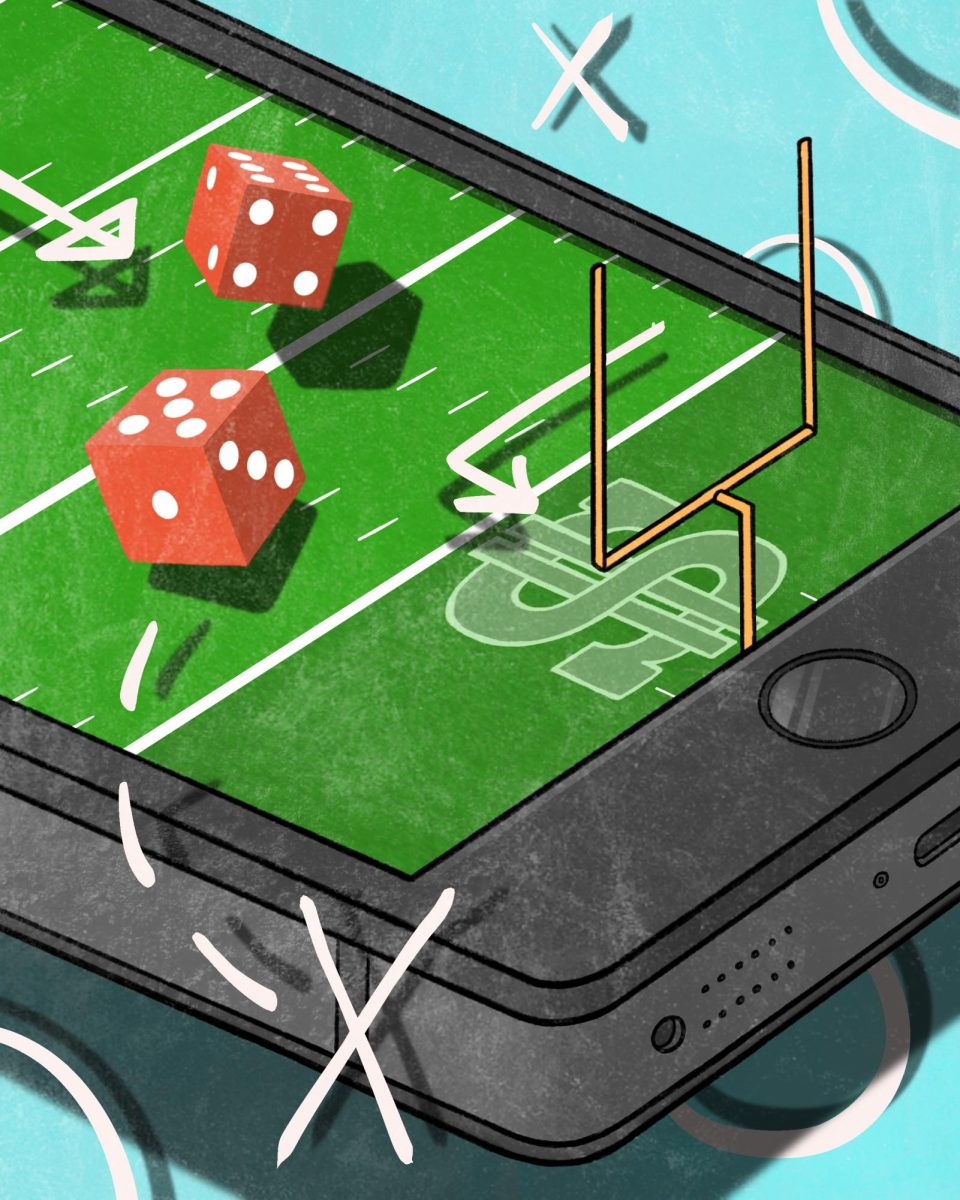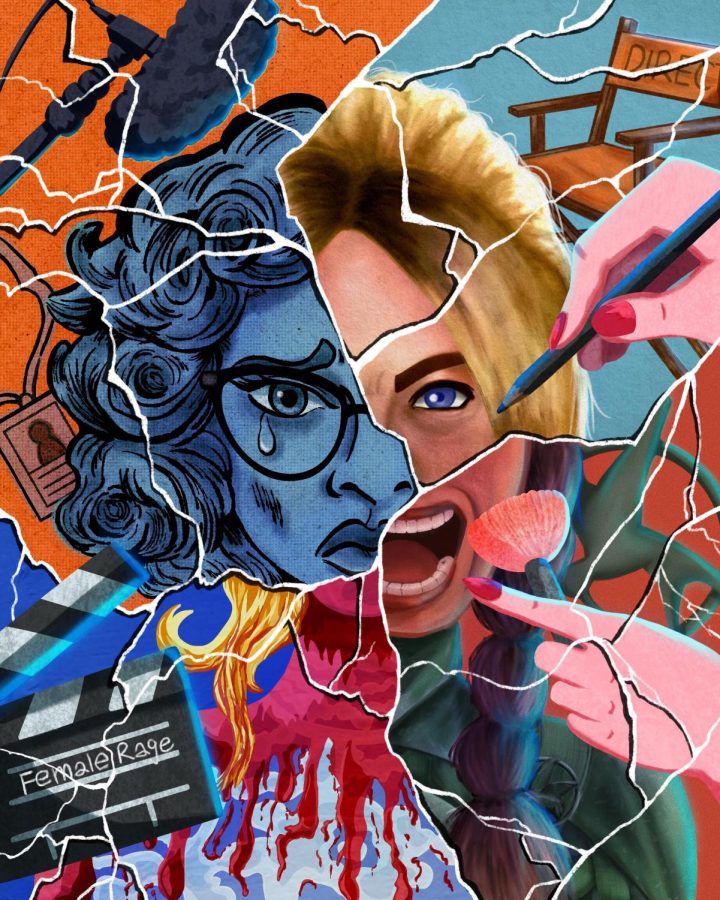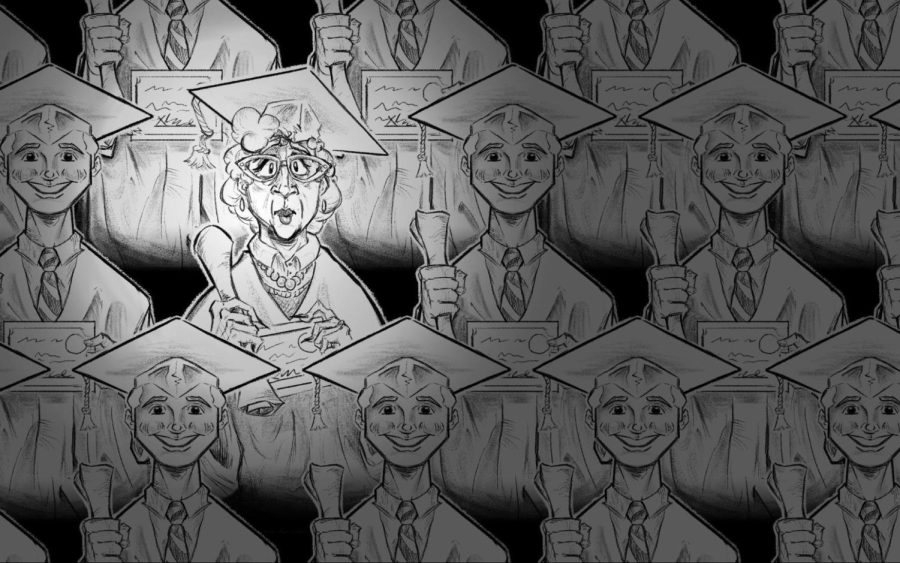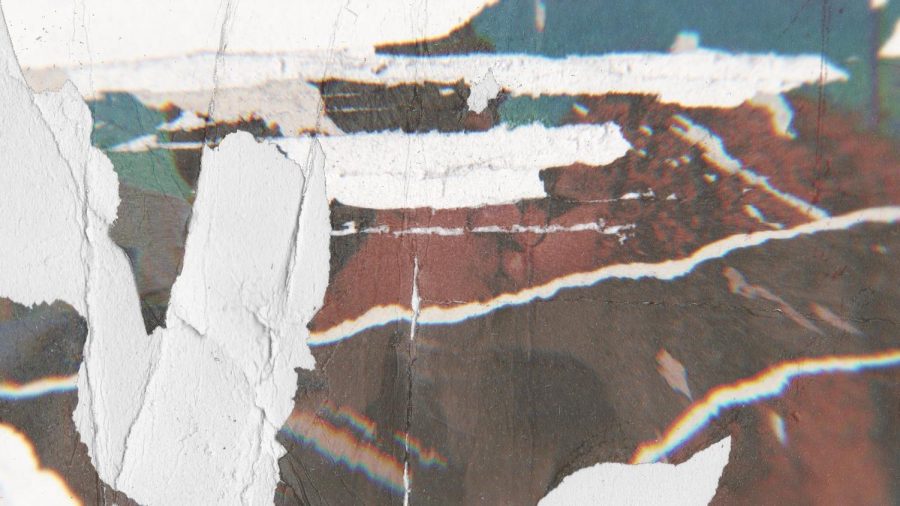Some days are absolute shit, right? It feels good to say it.
Bad days are unavoidable, but for anyone going through serious mental stress, recurring depression, mood swings, post-traumatic stress disorder or deep loss, the shitty days come with more frequency.
The most frightening, lonely, tiring fight that ever will happen is between the ears. Going through the wringer, bearing these battles or facing those demons is never-ending for some.
Life is filled with canon events: deciding between Berkley or SDSU, asking that cute girl in Africana Studies out, filing taxes for the first time without your parent’s help, finding out many of your childhood and college friends were arrested and seeing one of my best friends six feet under– those were hard.
Deep down, I knew that no matter how good things seemed, how happy or successful I became, in the end it wouldn’t matter because my mental and emotional turmoil would somehow find a way to sabotage that.
I’m not trying to cry, complain, blame my circumstances or look for sympathy but man, can a brotha catch a break?
Since 2018, my life has been stuck in a time loop triggered by some traumatic event. Once, it was being cheated on during New Years. And it wouldn’t be the only New Year that it happened. That second time was followed by losing my superhero and only positive, successful male role model in my life on January 26, 2020. Another time was getting rejected by my girl best friend on two separate occasions. There was even a failed suicide attempt.
It just felt like the Ls kept piling on without a win in sight to change the momentum in my favor.
Despite these hardships, I’d eventually bounce back, but never for longer than four months. I found the routine of obsessing and immersing myself in work and school to the point of utter exhaustion easy but hard to maintain. I thought if I just focused solely on my work and worked intensely enough that my problems would go away. But each time when I burned out, I was back at square one, feeling embarrassed and inadequate, reeking of failure and misery.
I have been coping with anxiety, depression and ADHD alone. It felt like navigating a minefield where each step and decision was fraught with potential for self-sabotage and self-destruction. At times, it felt like all three were sitting in the front seat of a speeding sports car arguing over who got to take the wheel and drive my mental health off the cliff while I was in the trunk pleading for them to stop the car and let me go.
For me, these conditions often create a paradoxical sense of safety in the familiar, even when repeated behaviors are detrimental to my well-being. This comfort in the known trapped me in cycles of inaction and unhealthy routines, reinforcing the anxiety and depression that perpetuated the cycle of self-destruction.
Managing daily tasks became a monumental challenge, akin to experiencing a constant out-of-body experience. There would be days where brushing my teeth would feel like completing the LA Marathon in record time if my crippling anxiety permitted me to leave the comfort and security of my bed. It was as if my mental self was desperately arguing with my physical self, urging for change and action.
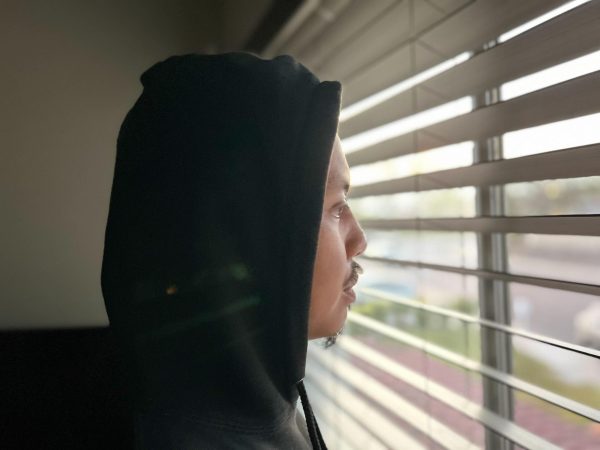
However, no matter how much people tried to pull me out of my own head, my body refused to comply with my mental prison I had put myself in. It was a dissonance exacerbated by feelings of frustration and helplessness creating a vicious loop of avoidance and procrastination.
It was imperative that I understand this dynamic in order to free myself from the prison I had put myself in and break the cycle. I had to recognize that the familiar was a false refuge and that I must actively seek support to get better.
How did you come to realize that you needed help, Robbie?
I knew that I needed help but chose to disrespect and ignore my own needs because no one else knew the struggles I survived. So, I suffered silently hoping that someone, anyone would throw me a lifeline. But no one did. And no one could. It was on me to seek help to change.
I started my journey in therapy during the fall of 2022. Thanks to Sharon Jenkins, who helped restore my confidence and, more importantly, empowered me to manage my depression, anxiety and ADHD.
Throughout my journey in therapy, I found that cognitive-behavioral techniques, mindfulness practices and professional therapy were invaluable tools in regaining control and fostering healthier, more productive habits. By acknowledging the internal conflict and working towards alignment, it became possible for me to reclaim a sense of normality and restore my well-being.
My experience in therapy was straightforward. I decided the best way to attack the root cause of my problems was to be 100% honest and transparent with my therapist, even if it meant talking about things I thought I would take to the grave.
After the initial session, I communicated with Ms. Jenkins in my first session that I had a list of things that I wanted to accomplish while I was in therapy:
I wanted to learn to cope and manage my ADHD first and foremost because it somehow felt that all my problems originated from or were the cause of it.
I wanted to solve my emotional distrust in women to give me some semblance of hope in my dating life.
I wanted to learn how to set healthy boundaries because saying no to something seemed to be almost as hard as asking for help.
After setting a goals table with Ms. Jenkins, she asked me candidly, “You strike me as someone who seems to be very aware of your surroundings even to the minute detail but are you the same way about yourself?”
Just then, I had my first breakthrough. It wasn’t that I was so perceptive about everyone and everything except for myself. Rather, I was hyper aware of myself, especially my shortcomings that I created a facade to appear flawless so that no one would think I needed help, which gave me a false sense of control over my life.
Unfortunately, that was the end of the first session. But now, I am addicted. For once in my life, I am being 100% honest about things in my life. I felt like I was the one driving the car for once and my anxiety, depression and ADHD had to sit in the backseat patiently and quietly while I began to navigate this seemingly endless road.
But Robbie, as someone who has and is willing to help anyone at a moment’s notice, why is it the hardest thing for you to do?
To be honest, I thought I had the answer– foolish pride. As we continued from our last session, Ms. Jenkins asked about my love life, or lack thereof in my mind. I began to share that all of them ended miserably and a majority of the time, they had cheated on me and I had stayed longer than I should’ve. Intimate detail after detail, she asked me if I could recall a time any of them did anything to make me feel valued or appreciated in any of my romantic relationships.
My second breakthrough– I hadn’t felt valued or appreciated at all and to somehow compensate for the lack of love coming from them, I love bombed harder hoping that these efforts would somehow get them to recognize my value and reciprocate my efforts but neither came.
I soon came to realize that my love languages were inverses of my toxic behaviors: not asking for help was expressed through acts of service, isolating when I needed quality time, avoidance through physical touch, impulsive shopping for myself though I enjoy gift-giving and going silent even though I give others words of encouragement or affirmation.
The more time I spent in therapy, the more I realized that a majority of my problems were interconnected and originated from an unaddressed traumatic experience.
It finally dawned on me– most of my anxiety originated from opinions I made about myself and assumed that was how most people perceived and felt about me causing me to overthink and become depressed in the misery I had created.
I was my own worst enemy…
My advice: take care of your bodies, your mental, your bread and take care of your chickens!
These words might sound familiar. If they do, you probably remember it from one of Marshawn Lynch’s last press conferences as a running back in the NFL. It sounds simple but bears so much truth and wisdom.
Drugs, alcohol, partying, money, toxic relationships, your friends and family, are all examples of entities and environments that can alter a person’s mental health and perception of themselves.
I lost myself for years because I had succumbed to temptation and toxicity.
Each year millions of Americans face the reality of living with mental anxiety, depression, post-traumatic stress disorder and several taxing conditions on the mental state.
It’s not just an issue you talk about the entire month of May. It’s not just talking to a shrink and being diagnosed with something you’ve never heard of. It’s especially not something to be taken lightly.
To this day, I still see Ms. Jenkins in bi-weekly appointments. Although I had stopped briefly, I felt it necessary to give myself structure and having an unbiased and neutral party to guide me along my life journey was priceless.
One of the things I learned about myself was hearing the same voices repeatedly tell you the same thing over and over again eventually made me numb to their verbal effects and having someone or something break up the repetitiveness is more effective and direct when hearing the same words from an outside source.
What trends do experts notice locally and nationally?
With more mental concerns especially in young adults and teenagers, mental health professionals are noticing the severity has increased. Tim Leslie, a 35-year old licensed marriage and family therapist who works as a student mental health clinician at Mt. SAC has noticed a few reasons why the concerns are more earnest and frequent than before.
Leslie highlighted a conversation that has mental health experts rethinking their frame of approaching individuals– the impact of traumas and how one grieves.
“One thing we as therapists are looking at more in conversation is the impact of different trauma and also looking at things in terms of grief. It’s an important conversation to be had because it is making us change the frame of how we look at things. If you think about the different losses people are experiencing and give it context, it makes it a little less daunting to approach those subjects.”
In the California Student Mental Health Implementation Guide, effective beginning in January 2021, page 19 Section 8 states, “Schools and community providers do not have the resources to sustain school mental health services on their own.”
Two sentences later in the guide, it reads “There is not a national or state model for how to fund these services. While available funding is largely federal and state, many decisions about how to use funding and what services to prioritize happen at the local level.”
According to Mt. SAC’s Health Center page, Mt. SAC does provide short-term mental health counseling for students currently enrolled and receiving at least one credit per academic (applies to student-athletes). In short-term counseling, a student and therapist work together to establish attainable goals that focus on understanding the basics of your mental health, problem-solving, skills training, decision-making, and social skills. Services are confidential.
Sounds helpful. Even if for the short term, right? Look one column over. “Our mental health counseling services are not intended to provide long-term care or psychiatric supervision, as there is no psychiatrist on staff.” Students with long-term needs can receive referrals and connect to professionals, but it makes you question the mechanics of the first statement.
Leslie shared this information in regards to additional services offered on campus.
“I encourage students to check the volunteer health center and see what resources they have. They have brief therapy and most of the time they’re free, you’ll be seeing them on a more regular basis. Those therapists have resources to connect you depending on your needs that are either low-fee or free of charge.”
One alarming piece of information Leslie shared was the lack of appointments students are making with the therapists on campus.
On a national scale, Jenkins mentioned that several of her clients are in my age range and are dealing with similar concerns: young adults ages 18-28 who are dealing with PTSD, social anxiety, depression, bipolar disorder and multiple personality disorder.
What’s next?
With school wellness centers seeing an uprise in mental health-related needs, you would think it would be in schools’ best interests to model similar to the National Basketball Player’s Association and grant access to full-time counselors and psychiatrists, emphasize mental health awareness by even having an open dialogue about struggles, and expanding mental health education.
Mental health stigmas include stories of struggles with depression, anxiety and other challenges.
Yes, mental health. There still exists preconceived notions of mental health. Yes, we have come a long way from the stigma of being locked away inside an asylum, electroconvulsive “shock” therapy and people thinking you’re insane.
Oftentimes, taking that first step of admitting you need help is the Everest to conquer. It’s the hardest thing to ask. Why?
It’s not pride like I once thought but as Ms. Jenkins often reminded me, a lot of her clients don’t feel worthy of receiving help. Not because they’re bad people but their trust in people has been altered or destroyed and that it is her job to reopen that door of trust.
Since embarking on my journey in therapy, I’ve used social media less and less for personal use, as this was one of the catalysts in my altered perception of myself. Which is ironic that I’m an aspiring journalist and content creator so I’m always still around it somehow.
Starting therapy is like trying to find your favorite childhood t-shirt you hadn’t worn in years which ended up buried, forgotten and lost in a pile of dirty laundry under your bed. Eventually, you’ll find it after rummaging and searching for hours. Some are unfortunate in never finding their favorite shirt simply because they were scared to look.
Not trying is the biggest disservice anyone could do to themselves.
Uncertainty is scary. Not knowing is frightening. But not nearly as terrifying about exploring all of the “what-ifs” you’ve put yourself through by not trying to find out for yourself.
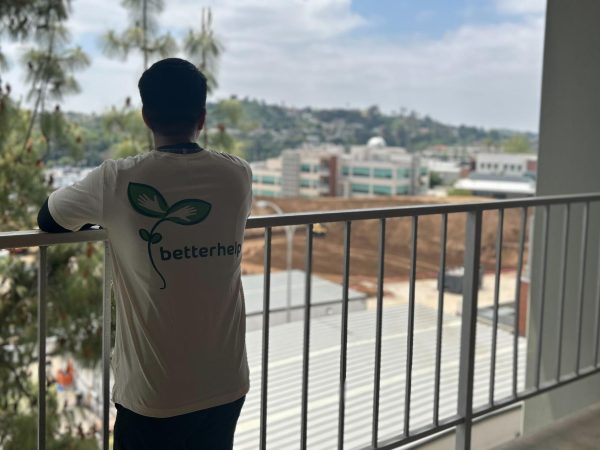
Will there ever be a point where I won’t need therapy?
Perhaps, not but Leslie shared this sentiment in regards to treatment.
“There are all different types of avenues to get help and support. Therapy is a solution but it is not the end-all be-all solution to everything. I understand that is not the road some people want to take. Sometimes, they want information about things and they can make a decision on their own from there. Mental health for others can be a way to connect more with your community whether it’s family, friends, neighbors or whoever it is for them. Self-care and community care have to be considered for someone’s overall wellbeing. It’s not just an individual effort. Sometimes, it is a collective effort to achieve the results you are looking for.”
I honestly don’t know if I’ll ever not be in therapy being on this side of the journey. The objective has always been to get help. It seems to be the typical copout or easy answer without an explanation.
You might be thinking, but for what reason? That is a question only you have the answer to and an action only you are capable of making.
You. It’s always been you.

